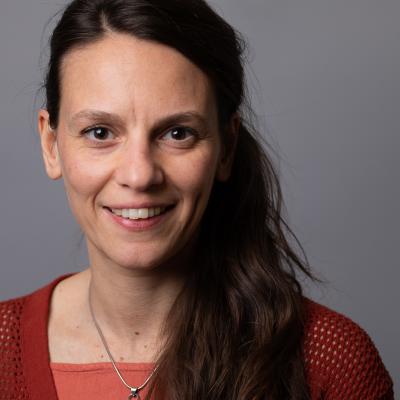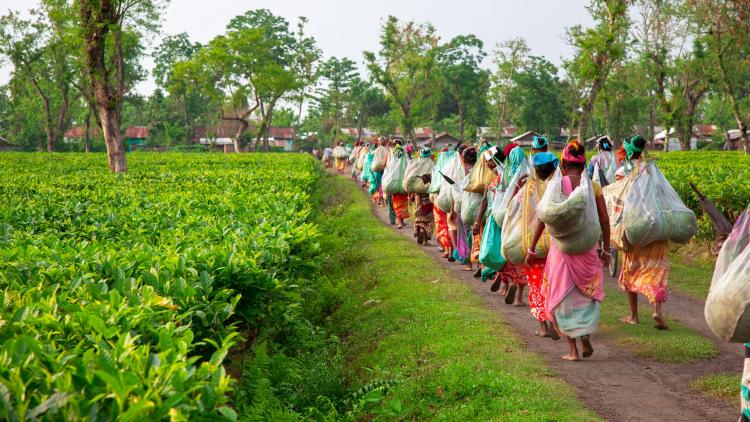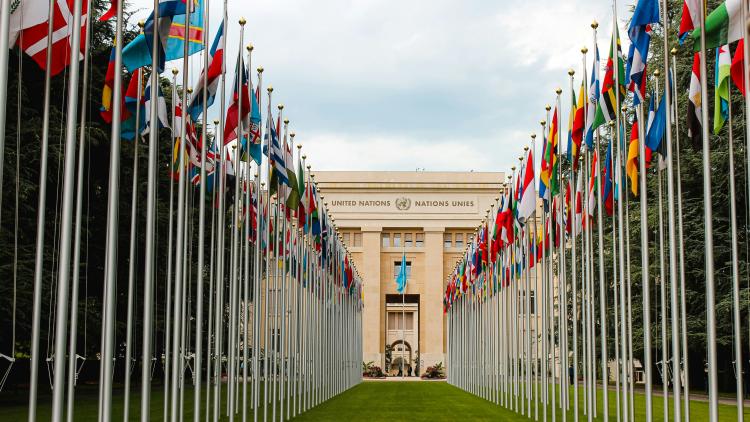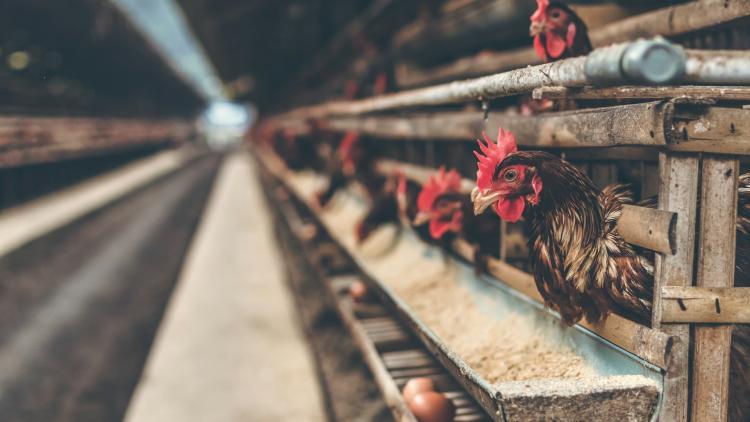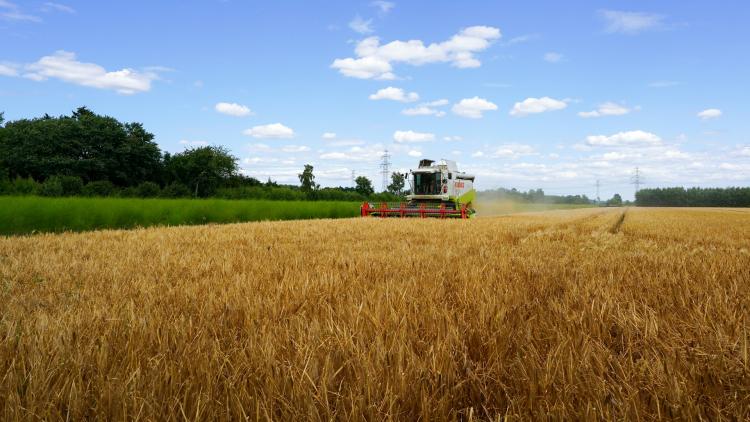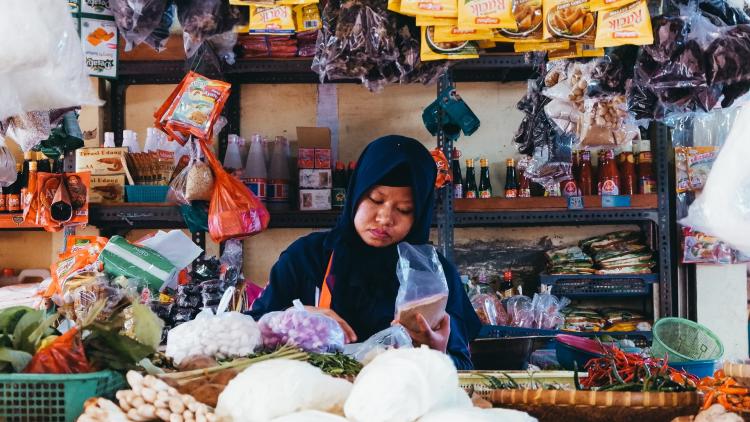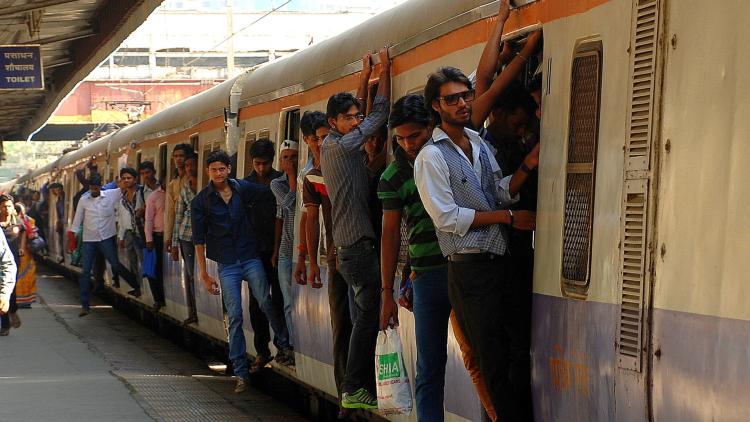SOAS-Wits Joint MPhil/PhD in Applied Development Economics
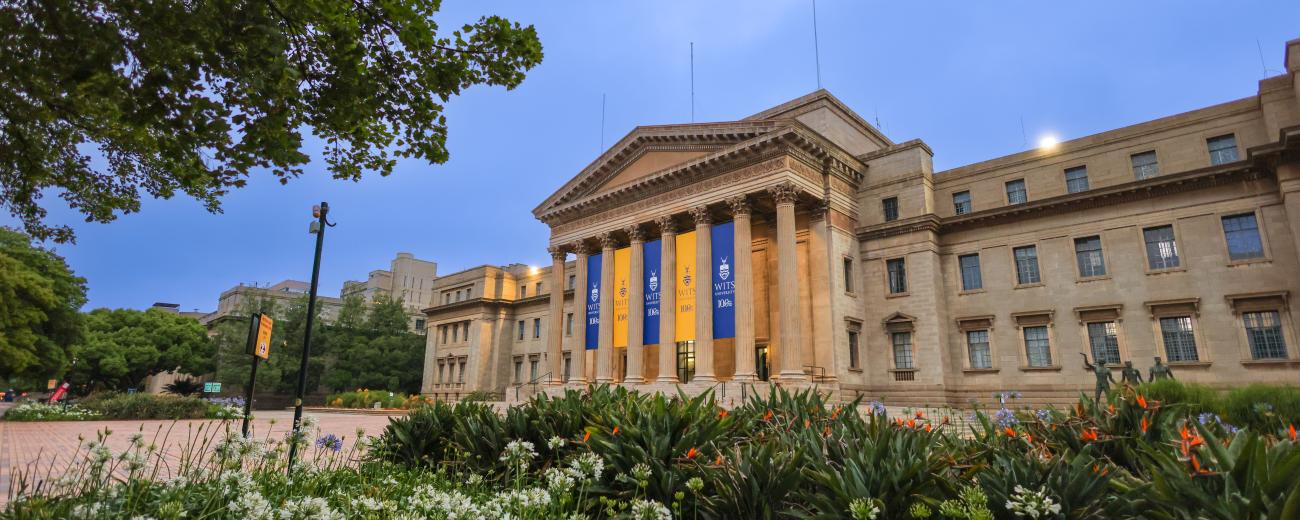

Key information
- Duration
- 3 years
- Attendance mode
- Full-time
- Location
- SOAS campus; NCB Building, University of the Witwatersrand
- Fees
-
For all students: £4,323
Course overview
This joint PhD programme delivered in partnership with the University of the Witwatersrand in South Africa will coordinate a programme of work in heterodox (feminist) economics or political economy.
This joint-progamme focuses on the way in which mutually reinforcing tendencies of climate breakdown, financialisation, and post-pandemic economic and social pressures affect multiple dimensions of wellbeing, including the institutions, norms, policies and practices conditioning daily life in Africa.
Why study the SOAS-Wits Joint MPhil/PhD in Applied Development Economics?
We are:
- ranked 27th in UK for economics (QS World University Rankings 2023)
- top 20 in the UK for student satisfaction with teaching (Complete University Guide 2023)
- top 40 in the UK for economics (Complete University Guide 2023)
The joint PhD between SOAS and Wits pushes boundaries of heterodox economics or political economy by anchoring the analysis explicitly in African realities and confronting particular conceptual frames with emerging empirical evidence. Whether they focus on a micro or macro object, the research projects will have in common a systemic and historic analysis, taking into account, as appropriate, intersecting social relations, mutations of the state and evolving international political-economic and financial relations.
The research projects will hence strengthen analysis that is strongly theoretically grounded while empirically informed, in contrast to current trends in (development) economics to eschew theory in favour of an experimental and purely empirical knowledge base. The research programme will also be explicitly decolonial, by critically querying existing research practices, by drawing on knowledge across Africa, and by explicitly situating contemporary phenomena in their historically evolved (and regionally interdependent) contexts.
Application deadline
- 31 May 2026
Research
The programme seeks candidates interested in conducting doctoral research on one of the following areas/projects:
The list of research projects for September 2026 enrolment is to be confirmed.
Admissions and Entry Requirements
Students must to apply to both institutions via each institution websites by 23 May 2025. For details on how to apply to SOAS, see the how to apply pages.
Students must meet the entry requirements of both institutions. For SOAS, this is a "good" Masters degree in (development) economics or any relevant discipline and a reference. For Wits, this is a Masters in Economics or in Applied Development Economics or any other suitable background.
As part of the application process, students will be asked to indicate either SOAS or Wits as their ‘home institution’. This is the institution where students will physically enrol and be based at for the duration of the PhD.
International Mobility
All students will be offered the opportunity to undertake international mobility to and from SOAS or Wits during the PhD, however it is not mandatory to complete this programme.
Structure
The research degree embodies a core of training in research methods combined with a clear structure of progression thereafter. The duration and structure of the research degree will be as follows:
Full time research degree: 3 years plus 1 year writing up
Year 1 - Research Training
Research training will be offered by the SOAS Economics Department and the SOAS Doctoral School and delivered in a blended fashion, providing the opportunity for remote attendance for the PhD students with Wits as their home institution.
Year 1 – Literature review and Upgrade
Students will normally be expected to set the foundations of their project through an extensive literature and plan for the continuation of the research and, on this basis, pass an upgrade from MPhil to PhD status within 9 months of commencing the degree.
Year 2-3 - Research
Core research undertaken; primary and secondary data collection as appropriate, thesis chapters finalised. Students may also choose to undertake international mobility to and from their home institution.
Year 4 - Write up
If necessary, a fourth year can be taken to write the final thesis. Examination of the thesis will take place after submission within the 4th year.
Award
Upon successful completion of the programme, students will be awarded a single co-badged certificate conferred by both SOAS and Wits.
Teaching and learning
Supervision Arrangements
Each research project will be jointly supervised across SOAS and Wits. Remote access will be deployed to facilitate joint meetings. Students will have a supervisor at SOAS who will normally be located in the Economics Department and a supervisor at Wits who will usually be located in the School of Economics and Finance.
Supervisors from each institution will be appropriately qualified for doctoral supervision. Beyond this, at SOAS, the Departmental Director of Doctoral Studies has overall responsibility for SOAS research students, being available to discuss general problems. At Wits, this role falls to the PhD Coordinator of the School of Economics and Finance. Further details are set out in the Student Agreement.
The PhD Student Agreement must be approved by the Participating Student and designated authorised signatories from each Partner Institution.
Fees and funding
Fees for 2025/26 entrants per academic year
| All student fees (per year) | |
|---|---|
| Full-time (SOAS at the 'home institution') | £4,323 |
| Full-time (Wits at the 'home institution') | RT103,348.00 |
- Please note that fees go up each year.
Scholarships
Scholarships were not available for the 2024/25 intake of this programme. We will confirm if any do become available to this coming year.
Employment
Graduates of this programme will leave with a solid grounding in technical and statistical skills, research methods and data collection and an ability to think laterally, take a global perspective, and employ critical reasoning with a detailed insight into the context of African countries.
